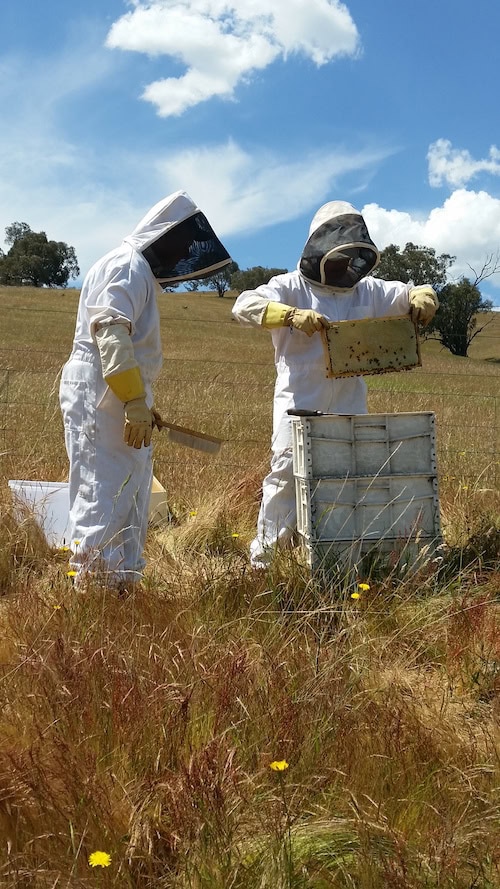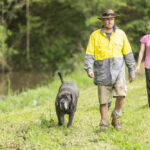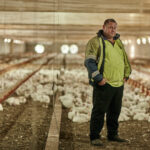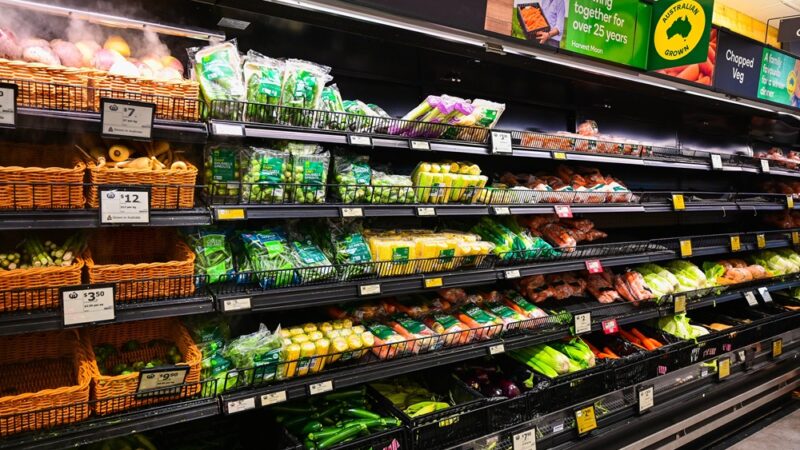Traditionally in Australia, the family farm has been passed on to the next generation. But…
Backpacker safe havens: lessons learned
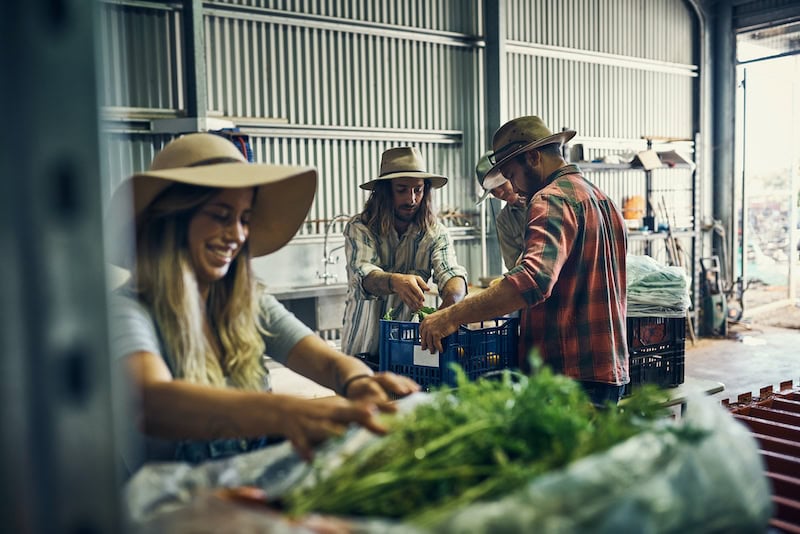
They come from everywhere � France, Portugal, Germany, England, Scotland, Ireland, Africa, the USA and all points in between. And without them rural Australia would be far worse off. Every year more than 140,000 backpackers travel through our country, working in regional towns and providing vital seasonal labour on farms. They spend in excess of $1 billion per annum and they help to grow our $60 billion plus agricultural sector.
All in all, backpackers are important to farmers and townspeople alike � but things have been tough for them recently. The COVID-19 virus has left as many as 100,000 of these young people in limbo, unable to go home but with no jobs or local support. That is until a few farmers put their hands out to help.
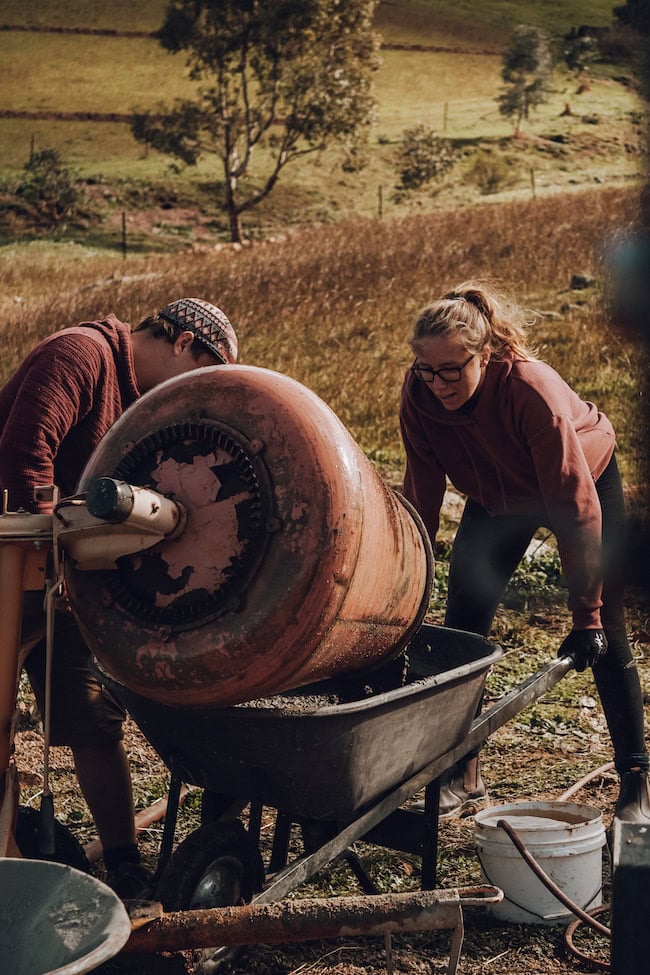
Throughout NSW, farmers have been providing young backpackers with food and lodging in exchange for farm work while they wait out the virus.
Gerard Lawry and his partner Allysia Leverton, of Eaglerise in Mullengandra 50 kilometres from Albury in south-eastern Riverina, are two of these. They currently have five backpackers staying and working on the farm, and previously they had nine.
�Our farming sector wouldn�t operate without the backpacker kids,� Allysa Leverton says. �We invite them here, they spend all their money here and they help to keep our farms going. It�s not good enough to just dump them.�
Eaglerise Farm is a 100-hectare Agroecological-modelled, multi-enterprise farm growing food for local communities. When Gerard isn�t farming he�s a lecturer in agriculture, organic farming and agroecology at a university near Albury.
With the onset of COVID-19 restrictions, Gerard and Allysa along with many other farmers in New South Wales, saw an opportunity to keep their farms running while helping out stranded backpackers.
Allysa placed notifications on various online backpacker sites and chat rooms, letting young tourists know Eaglerise was offering food, lodging, labour and even skills development for the duration of the crisis.
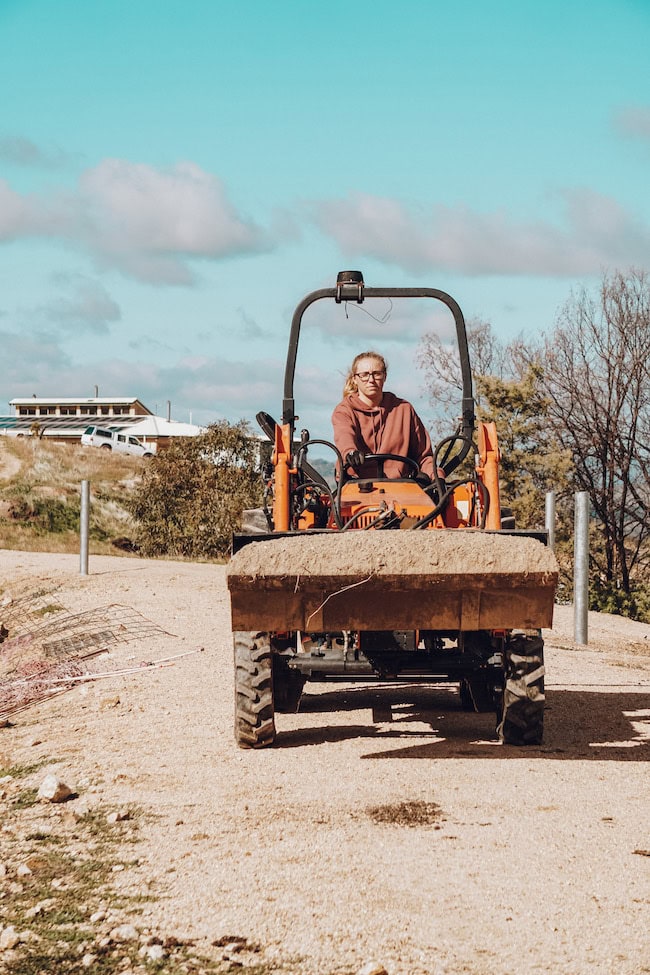
Bethan Streader, 22, and Chris Hallett, 23, both outdoor education instructors from Southampton, England, had been travelling through Asia when the virus first struck.
�We were in Thailand and countries were starting to close their borders, so we decided it would be best to be stuck in Australia rather than anywhere else,� Bethan said.
On arrival they were placed in quarantine and rented a flat for the duration. Once tested for COVID-19 and found to be negative, they bought a van with their rapidly disappearing funds, planning to wait out the pandemic on the side of the road.
�But we were kicked off the spot where we had parked,� said Bethan, �So we started researching Facebook and after numerous attempts we found that farmers at Eaglerise were offering food and accommodation in exchange for farm work.�
After a Zoom meeting and agreement to the terms (including no smoking or discussing politics at the dinner table) a deal was struck.
According to Chris Hallett, the pair have learned new skills: �We�d never been on a farm before, but now we�re looking for more farm jobs.�
For German business and finance graduates, Ekaterina Weigel, 24, and Steven Pawelski, 26, their trip to Australia was a post-degree dream.
�We arrived in Melbourne in January,� Ekaterina explained. �I got my Responsible Service of Alcohol (RSA) accreditation but couldn�t find any work.�
Steven tried to get work on construction sites but nothing was going there either. Rent and living expenses were draining their savings. Having bought a car, the pair contacted Eaglerise Farm and decided to make their way to Mullengandra.
The whole experience was an eye-opener for the young travellers.
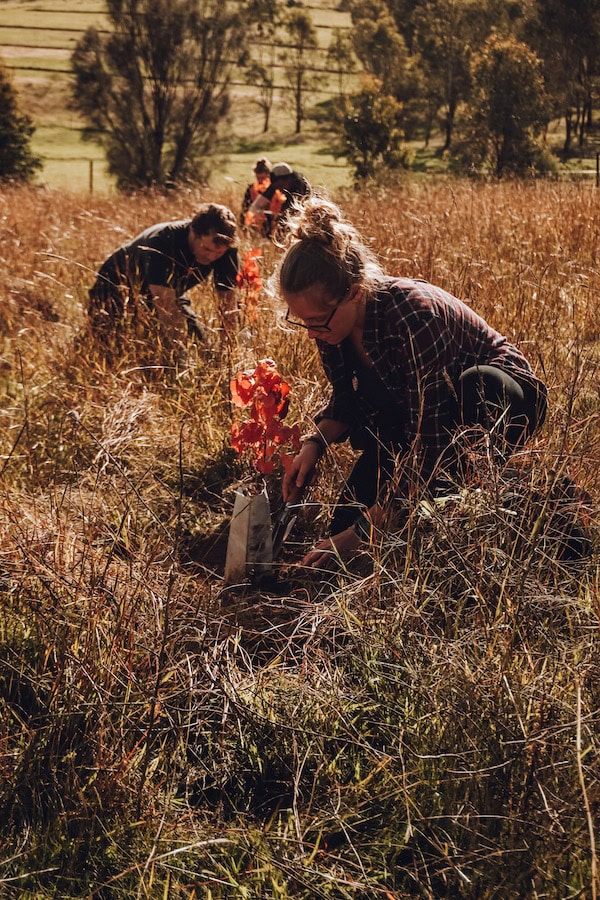
Ekaterina said, �It�s mind-blowing. We�ve been very surprised by the number of people here who have opened up their homes to us. It really is an experience to remember.�
Steven added, �Gerard is a great teacher. I had no idea how to swing a block splitter but Gerard made it look so easy. He also taught me to drive.�
Now proficient on several farm vehicles, Steven is formally applying for his learner�s permit.
Andre Garcia, 27, is a restaurant manager in his native Portugal. He found work in Sydney after arriving in November 2019, but the restaurant closed down when the virus hit.
�I searched for work but there was none, and I was still spending money to live. Then I found Eaglerise farm on the Internet and a week later I was here,� he said.
Andre said he has learned new skills along with a great deal about farm basics, permaculture and organics.
All of the backpackers have travelled around to nearby farms that were impacted by the recent bushfires � working voluntarily to repair fences and do other remedial activities to help get the farmers back on their feet.
In return, the backpackers can count their voluntary bushfire recovery work as part of the 88 days needed for a second year visa extension. Unfortunately for the crew at Eaglerise farm, volunteering elsewhere, while sheltering from COVID-19 doesn�t contribute to their 88 days, but they were happy to do it anyway.
